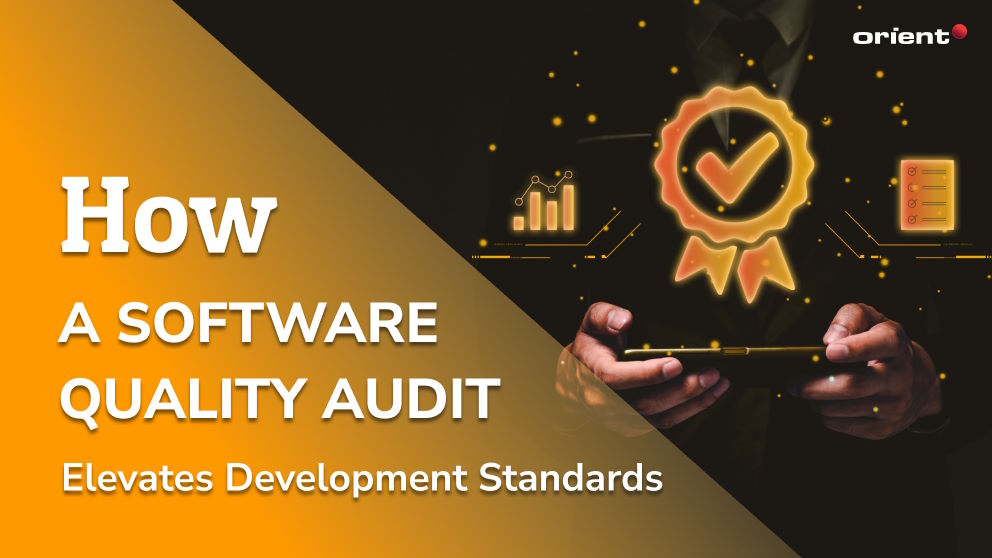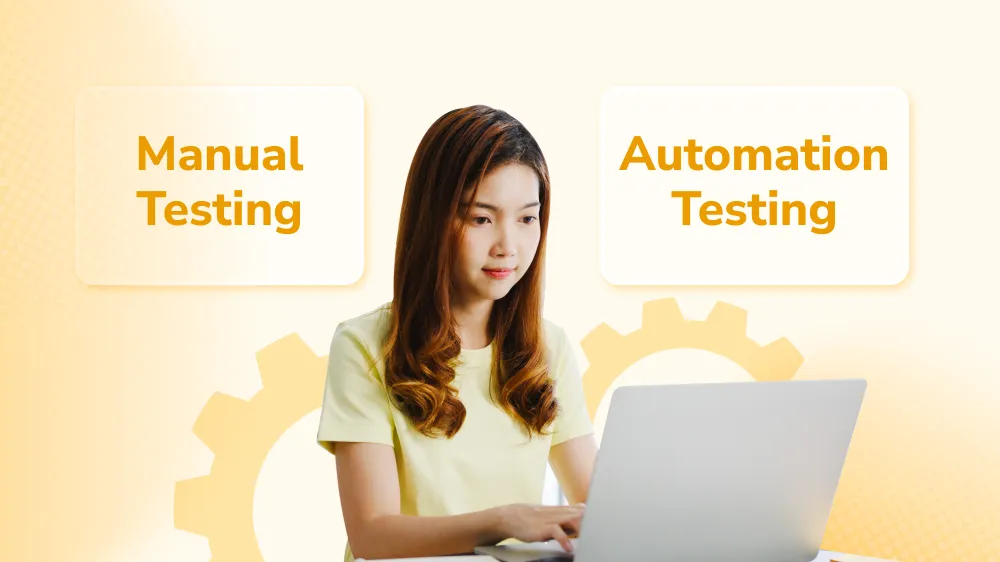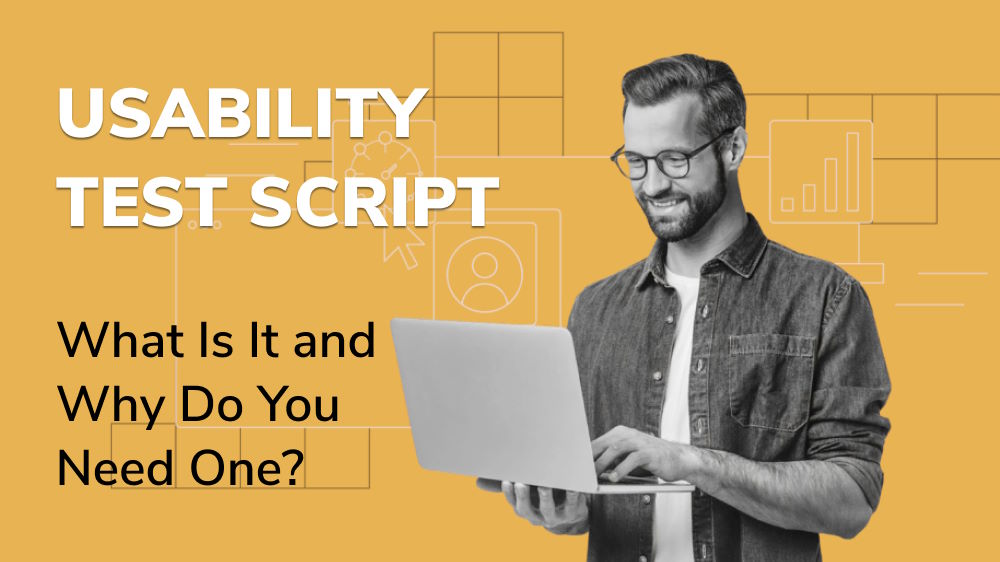How a Software Quality Audit Elevates Development Standards

Content Map
More chaptersThe increasing complexity and demands of software development require a strong emphasis on quality. To achieve and maintain high software quality standards, organizations turn to software quality audits. A software quality audit is an in-depth evaluation of software products or development processes, methodologies, and deliverables. It helps identify areas of improvement, assess compliance with industry standards, and uncover vulnerabilities that may compromise the software’s integrity.
By conducting a regular audit process, businesses can proactively address risk management, optimize development practices, and verify compliance with criteria and regulations. This, in turn, leads to enhanced customer satisfaction, reduced software defects, and improved brand reputation.
What Is a Software Quality Audit?
A software quality audit is a comprehensive evaluation process that examines various aspects of software development to assess its adherence to quality standards, industry best practices, and organizational requirements. It involves standard procedures for software artifacts, processes, documentation, and practices to identify areas for improvement, ensure compliance, and enhance overall software quality.
Typically, a software quality audit encompasses elements of both Software Quality Assurance (SQA) and Software Audits.
What is Software Quality Assurance (SQA)?
Software Quality Assurance is a proactive and systematic approach to preventing defects and ensuring that software meets the desired quality standards. It involves a set of tasks and processes performed throughout the software development lifecycle to identify and address potential quality issues. The primary goal of SQA is to improve the development process and deliver high-quality software that meets user requirements and expectations.
Key aspects of Software Quality Assurance include:
- Defining quality standards and processes: Establishing guidelines, standards, and best practices that outline how software development should be carried out to achieve quality objectives.
- Quality planning: Developing a comprehensive strategy for quality management, including defining quality goals, identifying quality assurance activities, and allocating resources.
- Quality control: Implementing processes and techniques to monitor and evaluate software quality during development, such as code review, software testing process, and performance analysis.
- Process improvement: Continuously analyzing and refining development processes to enhance efficiency, effectiveness, and quality.
What is A Software Audit?
Software audits, on the other hand, are retrospective assessments of software projects, processes, or products. The software audit team involves an independent and systematic examination of software artifacts, documentation, and development practices to identify areas of improvement, assess compliance with standards and regulations, and ensure adherence to best practices.
Key aspects of a Software Audit plan include:
- Objective evaluation: Conducting an impartial assessment of software projects or processes to determine their compliance with standards, regulations, and organizational policies.
- Identification of weaknesses and risks: Identifying areas where the software project or development process may be lacking, such as security vulnerabilities, quality gaps, or non-compliance with industry standards.
- Compliance verification: Ensuring that the software development adheres to legal, regulatory, and contractual requirements.
- Recommendations and corrective actions: Providing recommendations for improvement and suggesting corrective actions to address identified issues and enhance overall software quality.
Both Software Quality Assurance and Software Audits aim to improve software quality; however, they differ in their timing and focus:
- SQA is a proactive process implemented throughout the software development lifecycle, focusing on preventing defects and ensuring quality at every stage.
- Software audits, on the other hand, are retrospective evaluations performed after the development process or at specific milestones. They focus on assessing compliance, identifying weaknesses, and suggesting improvements.
In summary, SQA is an ongoing, proactive approach integrated into the development process, while software audits are periodic or one-time assessments conducted to evaluate compliance and identify areas for improvement. Both processes are essential in ensuring software quality and driving continuous improvement in development practices.
Key Components and Scope of a Software Quality Audit

The components and scope of a software quality audit may vary depending on the specific objectives and context. However, some common components include:
- Planning: Defining the scope, objectives, and criteria of the audit. Determining the resources, timelines, and audit team members involved.
- Documentation review: Assessing the quality and completeness of software-related documents, including requirements specifications, design documents, test plans, and user documentation.
- Code review: Analyzing the source code to identify coding standards violations, potential bugs, security vulnerabilities, and maintainability issues.
- Testing evaluation: Reviewing the testing process, test cases, and test results to ensure thoroughness, effectiveness, and adequacy in validating software functionality and quality.
- Process review: Evaluating the software development processes and methodologies followed, such as Agile, Waterfall, or DevOps. Assessing their effectiveness, adherence, and potential for improvement.
- Security assessment: Assessing the software’s security measures, including vulnerability scanning, penetration testing, and adherence to security best practices.
- Performance analysis: Analyzing the performance characteristics of the software, including response times, scalability, and resource utilization.
- Compliance assessment: Verifying compliance with relevant regulations, industry standards, and organizational policies, such as data protection regulations or software development frameworks.
Benefits of Software Quality Audits
Software quality audits have a significant impact on elevating development standards within an organization. Here are four detailed benefits of software quality audits in this regard:
Identification and Remediation of Deficiencies
Software quality audits play a crucial role in identifying deficiencies in development processes, methodologies, and deliverables. Through a comprehensive evaluation of the software development lifecycle, audits highlight areas that require improvement. This could include inadequate documentation, inconsistent coding practices, insufficient testing procedures, or ineffective quality control measures.
By identifying these deficiencies, organizations can take corrective actions to address them, thereby elevating development standards. For example, implementing standardized coding practices, enhancing documentation processes, or introducing robust testing methodologies can significantly improve the overall quality of software.
Assurance of Compliance with Standards
Software quality audits ensure that organizations comply with industry standards, regulations, and best practices. These audits assess the adherence of development processes to established guidelines, frameworks, and quality models. Compliance with such standards guarantees that software is developed using approved methodologies and practices, resulting in higher-quality outcomes.
Adhering to industry standards also instills confidence in stakeholders, including customers, investors, and regulatory bodies, as it demonstrates a commitment to quality and reliability. Compliance-driven development practices raise the bar for development standards and contribute to the overall elevation of software quality.
Mitigation of Risks
Audits assess various aspects such as security vulnerabilities, data privacy concerns, or inadequate error handling mechanisms. By uncovering these risks, organizations can take proactive measures to mitigate them, thereby improving the security and reliability of their software.
For example, addressing identified security loopholes, implementing robust data protection measures, or enhancing error handling can significantly reduce the risk of software failures or security breaches. By mitigating risks, software quality audits contribute to the elevation of development standards by ensuring that software is developed with a focus on risk management and resilience.
Process Optimization and Efficiency
Software quality audits evaluate development processes and identify areas for optimization. These audits examine workflows, identify bottlenecks, and highlight areas of inefficiency. By streamlining processes, eliminating redundant steps, and introducing best practices, organizations can achieve improved efficiency and productivity.
Optimized processes reduce development time, enhance resource utilization, and foster a culture of continuous improvement. This optimization, driven by software quality audits, directly impacts development standards by promoting consistency, reducing errors, and enhancing overall quality.
Best Practices for Successful Software Quality Audits
Software quality audits play a crucial role in ensuring the integrity, reliability, and compliance of software products. But if improperly implemented, they might also put a financial strain on a project. To maximize the effectiveness and success of these audits, organizations should follow best practices that establish a solid foundation for the audit process. Here are some key practices to consider:
Establishing Clear Objectives and Criteria
Before conducting a software quality audit, it is crucial to establish clear objectives and criteria. Define what aspects of the software development process and deliverables will be assessed during the audit. Clearly defined objectives and criteria provide focus and ensure that the audit addresses the specific areas of concern. This helps auditors and development teams align their efforts and expectations, leading to a more successful audit.
Involving Experienced Auditors and Domain Experts
The success of a software quality audit heavily relies on the expertise and experience of the auditors and domain experts involved. It is important to engage auditors who possess a deep understanding of software development processes, quality standards, and best practices. Additionally, you must choose an appropriate team for the audit or review, one that includes skilled and independent auditors or reviewers, members of the project team, and other important stakeholders.
Take the first step towards successful software quality audits by partnering with Orient Software, a trusted software development outsourcing service. With our team of experienced auditors and domain experts, Orient Software can provide valuable insights and expertise to ensure the effectiveness and success of your software quality audits.
Applying a Systematic and Structured Approach
To ensure comprehensive coverage and consistency, software quality audits should follow a systematic and structured approach. Define a clear audit methodology and framework that outlines the steps, activities, and checkpoints to be followed during the audit. This approach helps auditors conduct a thorough evaluation, identify areas of improvement, and provide actionable recommendations. A systematic and structured approach ensures that the audit process is efficient, effective, and repeatable.
Utilizing Automated Testing and Analysis Tools
Automated testing and analysis tools can greatly enhance the efficiency and accuracy of software quality audits. These tools help auditors analyze code, perform static code analysis, conduct automated tests, and generate reports. By leveraging automation, audits can cover a larger scope, identify potential issues more effectively, and provide objective and data-driven insights. Integrating automated testing and analysis tools into the audit process improves its comprehensiveness and reliability.
Implementing a Culture of Quality Throughout the Development Lifecycle
Successful software quality audits require a holistic approach to quality. It is essential to foster a culture of quality throughout the entire software development lifecycle. This includes emphasizing the importance of quality at every stage, from requirements gathering to design, development, testing, and deployment. Encourage collaboration, knowledge sharing, and continuous improvement among development teams. By embedding quality into the organizational culture, software quality audits become more effective in driving meaningful improvements and elevating development standards.
In the last few words, whether you need assistance in establishing clear objectives and criteria, applying a systematic approach, or utilizing automated testing tools, Orient Software has the expertise to support your audit requirements. We prioritize delivering reliable and secure software solutions that meet or exceed industry standards and customer expectations.
Don’t hesitate to reach out to Orient Software today and benefit from our experienced auditors and domain experts. Elevate your software quality audits and ensure the success of your development processes.







